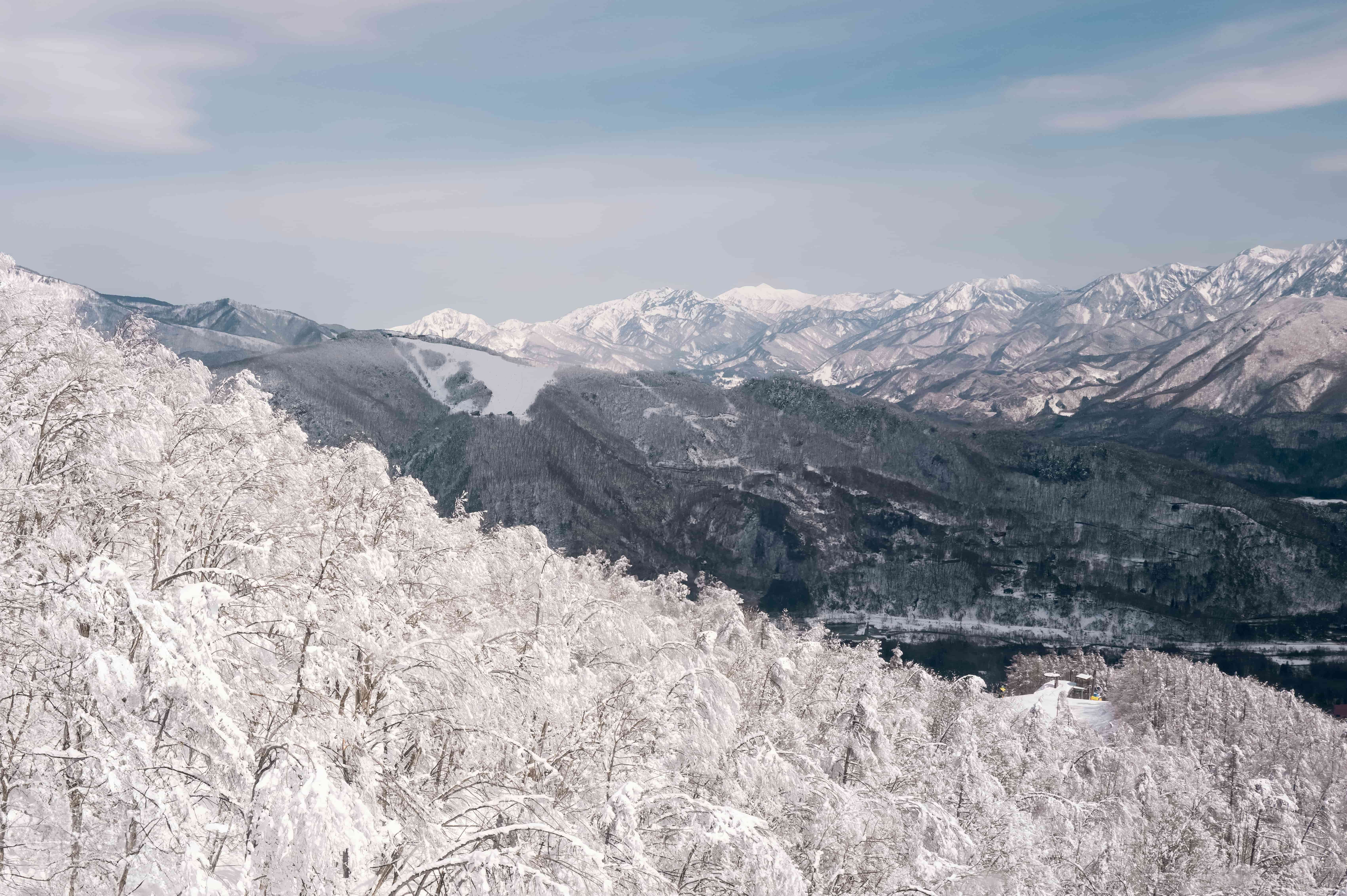
Traveling to Japan for the first time and unsure what to expect? The short answer: your first time in Japan will be amazing.
We can help you with everything from sharing the best places to visit in Japan for first timers to booking all your accommodations. In fact, when you book your trip through us, you’ll gain access to VIP travel perks like upgraded rooms and property credits — all for the same price as booking alone (if not better).
What to expect for your first time in Japan: 20 tips
Here are a few travel tips for your first time in Japan.
1. Be prepared for a culture shock (in the best way)
If you’re visiting Japan for the first time, you should know that respect and courtesy are important facets of Japanese culture. In fact, the differences between Japanese and Western culture are pretty striking — and delightful — from a no-shoes policy in certain buildings to high-tech toilets that sing (really).
Our guide to cultural exploration in Tokyo, and our culture enthusiast’s guide to Naoshima offer more examples, if you’re curious.
2. Japan is exceptionally safe, even for first-time travelers
Even among developed countries, Japan is incredibly safe for travelers. But as with travel to any new place, travelers should always exercise caution.
3. Don’t tip at restaurants, but slurp your noodles
A few things may stand out when you’re eating at restaurants during your first time in Japan. For one, the food — authentic yakitori, sushi, ramen — is amazing, and few countries have as many Michelin-Starred restaurants as Japan.
That said, tipping is generally considered rude, or at least unnecessary, in Japan. The cost of service is included in your bill. Another surprising turn: (gently) slurping noodles is considered proper.
See our foodie’s guide to Japan for dining ideas, and connect with Fora for personalized recommendations. Some of the best places to visit in Japan for first timers happen to be restaurants, so it’s definitely worth planning your meals with someone in the know.
4. Public transportation in Japan is excellent, and traveling by train is the way to go




It’s worth learning how to use public transportation, especially if it’s your first time in Japan. The country has arguably the best railway system in the world. Virtually every major city in Japan is connected, and intracity travel is unbelievably convenient.
The only downside is that the system can be a little overwhelming at first. There are so many options, but it’s easy to use once you get the hang of it (and your Fora Advisor can always help you, too).
5. But that doesn’t mean you need a Rail Pass for your first time in Japan
While Japan offers tourists unlimited rail passes for a reasonable sum, they’re not always necessary. For example, if you’re visiting Tokyo with no plans to leave the city, it may be a waste to invest in a Japan Rail Pass. When you plan your trip with a Fora Advisor, they’ll let you know if it makes sense to get a pass.
6. Accommodations in Japan are top-notch (and Fora can help)
The coolest hotels in Japan, like Aman Tokyo and Hoshinoya Fuji, deliver some of the best hospitality experiences you'll encounter. Whether you’re deciding where to stay in Tokyo, where to stay in Kyoto or anywhere else, we'll make sure your first time in Japan is an unforgettable experience.
Fora can help you with just about any travel destination imaginable. Want ideas for a Colorado bachelorette party? Wondering which Hawaiian island is best for kids and families? Trying to find the best Vegas hotel for couples? Just ask your Fora Advisor.
7. You (probably) don’t need to rent a car
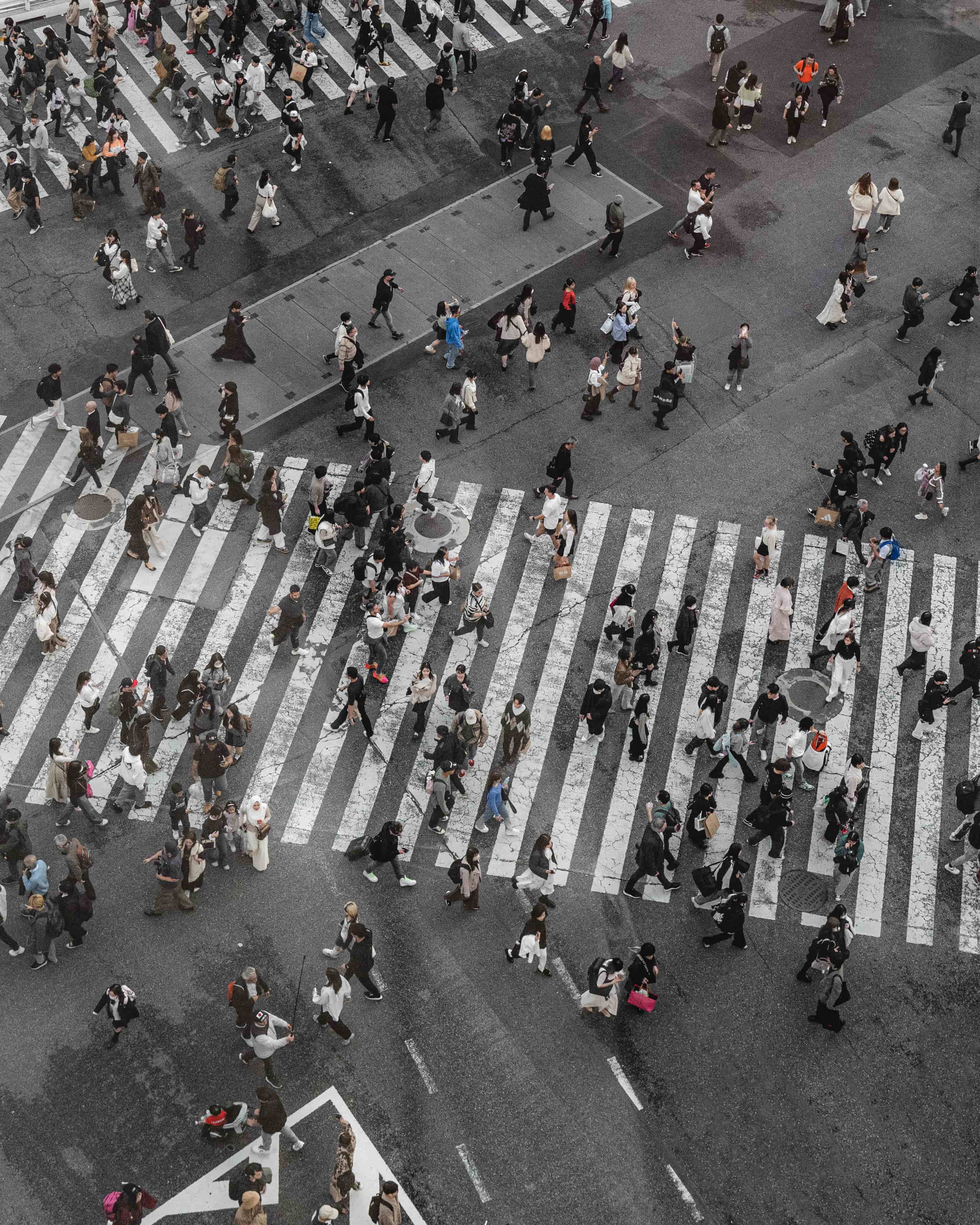
There’s usually no need to rent a car, which can be challenging for American travelers used to driving on the right side of the road. Again, Japan’s public transportation is bar none. The only exception is if you’re planning on visiting rural areas (perhaps to see family or more remote sites.
8. Trash cans are rare in cities
Trash cans are not widespread in Japanese cities. It’s common practice to take your trash with you whenever you go out. Convenience stores will typically allow you to throw your trash away if you buy something. Alternatively, most public restrooms will allow you to throw small items away. Vending machines often have recycle bins nearby, too.
9. Cash is the preferred payment method in Japan
Cash is still king in Japan. While card payments are accepted at many venues in major cities, particularly Tokyo, cash payments are the go-to choice overall. If you leave the major cities, you’ll be hard pressed to find vendors that accept card payments.
A couple tips: most vendors take cash and dispense change via small trays held near the register. Second, a coin purse may help consolidate loose change.
10. There’s a language barrier, especially outside of the major cities
Outside of major destinations like Shibuya and Shinjuku in Tokyo, English isn’t widely spoken. That’s doubly true the further you venture into rural Japan.
That said, the language barrier is easily overcome with translator apps, and many locals — in the big cities, at least — are usually happy to assist with directions so long as you’re respectful.
If you’re sticking to popular sights and attractions, however, this probably won’t be an issue, and most major hotels in Tokyo hire English-speaking staff.
11. Japan travel apps are helpful
In addition to translator apps like Google Translate, Google Maps and NAVITIME are great apps that help you navigate around the city.
Connect with Fora for more insider tips for exploring Japan for your first time.
12. Yes, Americans are welcome in Japan
In some circles, Japan has a reputation for being somewhat xenophobic, unfortunately. But Americans and other foreigners are typically welcomed in Japan so long as local customs and courtesy are respected.
13. Japan is super crowded with tourists during peak travel seasons, so you may want to arrive early at popular sights




Japan receives millions upon millions of tourists every year, from all over the globe. The country is one of the most coveted destinations in the world. Domestic travel within Japan is a booming business as well.
March to mid-May, and October to late November are Japan’s peak travel seasons (Hokkaido also sees plenty of snowsports-bound travelers in winter, too). Accepting that there will likely be crowds anywhere you go — particularly in Tokyo, the world’s most populous city — is one of the surest tips we can offer for your first time in Japan.
14. Vegetarians may have a hard time finding options, especially outside of major cities
Japanese gastronomy is world renowned (sushi, yakitori, karaage…). However, if you have dietary restrictions or enjoy a vegetarian or vegan diet, you may have a hard time finding accommodating menus and restaurants. Places that cater to these diets certainly exist, but they’re not as widespread as they are in Europe and the Americas.
15. Restaurant menus are often only in Japanese
Speaking of Japanese restaurants, it’s rare to find English-speaking menus outside of the most international-friendly districts. Don’t worry, though: many translator apps can easily recognize Japanese writing.
16. You may want to get comfortable with having to take your shoes off
This only applies if you’re planning on visiting more traditional sights or the homes of locals. But in Japan, it’s considered impolite to leave your shoes on when heading indoors.
17. Japan uses the same electrical outlets as the United States
If you’ve ever visited Europe from the United States, you might have been surprised to see that the electrical outlets are different. Japan uses the same type of outlets as the United States, but at a lower voltage (100 V vs. 120 V). With most modern devices, this shouldn’t be an issue. If you’re unsure, simply check your device’s voltage range and / or invest in a converter.
18. Learn the proper etiquette for visiting shrines and temples
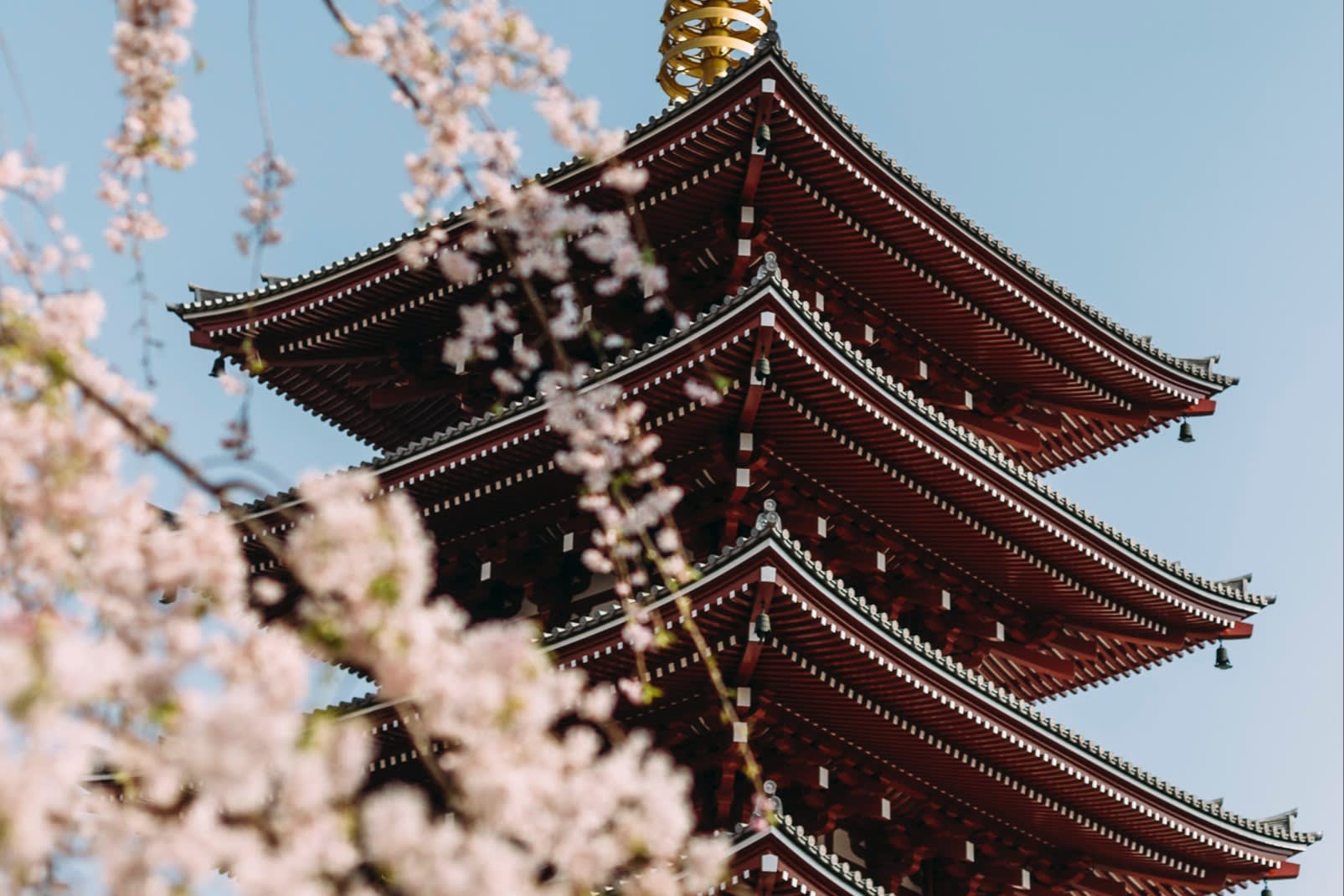
Japanese culture is built on etiquette and respect. Nowhere will this be more apparent to travelers than the historic shrines and temples you’ll find throughout the country. A Fora Advisor can give you the lowdown if you’re interested in visiting such sites.
19. Book your hotel way in advance (again, we can help!)
Not only will you get a better deal on your accommodations, but you’ll be able to enjoy a far wider range of options. Rooms at the best hotels in Japan tend to be booked months in advance, and potentially even further out if there’s a major event happening around the same time.
This is where we come in. Plan and book your trip with Fora, and we’ll make sure you get the right lodgings.
20. Traveling beyond Tokyo is totally worth it
On one hand, Tokyo is absolutely must-see territory for your first time in Japan. On the other, there’s so much more to Japan than its incredible capital. If you have the opportunity to explore beyond Tokyo, you won’t regret taking up the offer.
Places to visit in Japan for first timers: travel itinerary ideas
One of the questions we receive the most is, “Where should I stay for my first time in Japan?” There’s no easy answer here. A lot depends on your preferences, which, again, an advisor will take into account when designing your dream itinerary.
Looking through our list of the best places to stay in Japan is a good start, though, and the below choices are ideal destinations for first timers, too.
Tokyo, Kyoto and Osaka are the top places to visit in Japan for first timers if you only have 1 week
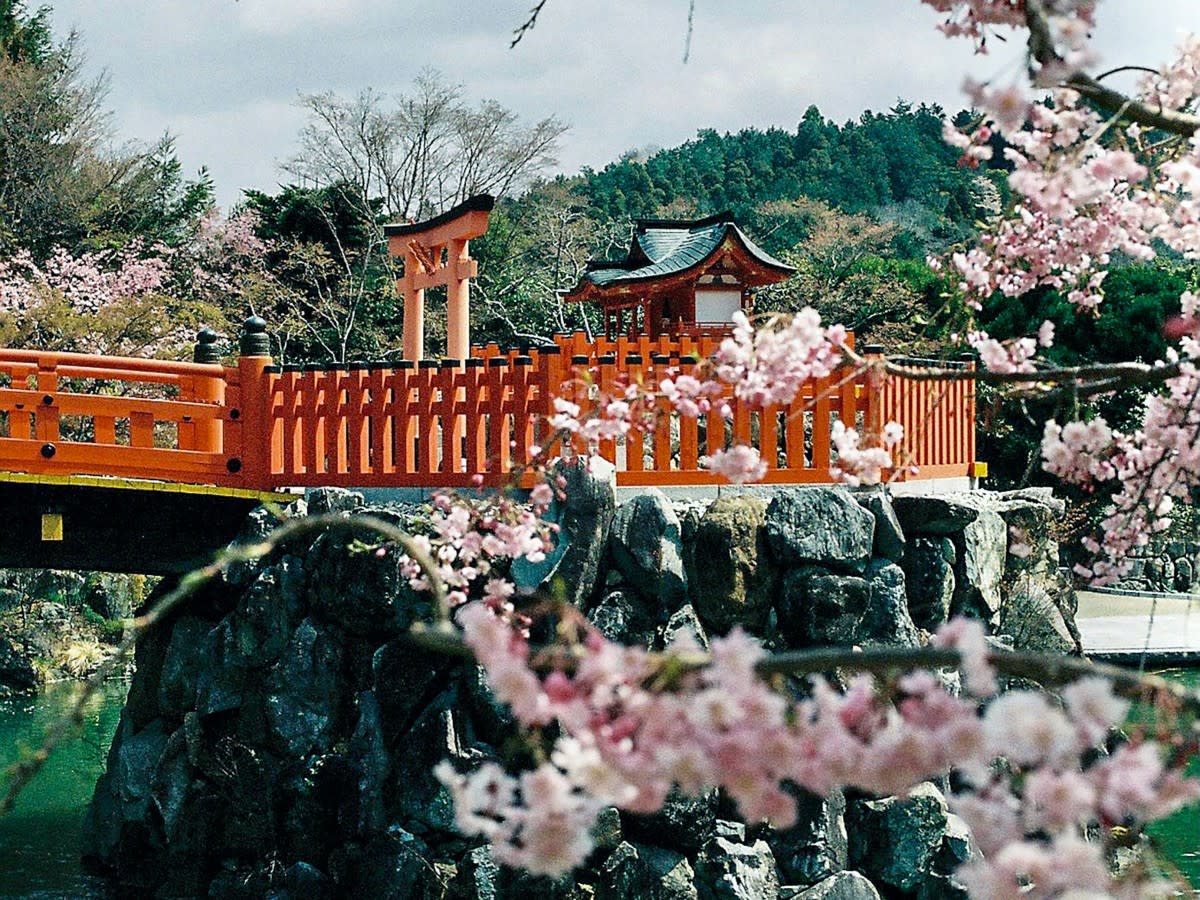
Most Japan first timers travel to Tokyo, Kyoto or Osaka. These three cities represent the best of Japan’s urban experience, with a unique blend of traditional and contemporary Japanese culture.
Tokyo has the most to offer, especially if you want to sample as much as possible, or if you’re looking for Japan’s best nightlife. Kyoto leans toward traditional Japanese culture and architecture. Osaka is similar, but its central location and harbor have cultivated an incredible gastronomic scene.
Any of the three is an ideal choice if you’re only able to spend one week in Japan.
Visit a second city, Mount Fuji or Niseko if you have 2 weeks in Japan
If you have a little more time to explore, it’s worth traveling to Tokyo, Kyoto and Osaka. You can also check out one of Japan’s natural wonders, like Mount Fuji, or Niseko’s ski resorts (see our Niseko itinerary for more).
With 1 month in Japan, you can tour all of Japan’s major cities and catch a few unique places, too
If you have at least a month to spare for your first time in Japan, you’ll have plenty of time to visit all the major cities. Plus, the countryside and mountainous regions are filled with many of the most unique places to visit in Japan.
Need help deciding when to visit? Our guide to the best months to visit Japan covers when to see the cherry blossoms, avoid crowds and more. Plus, you’ll be able to fill your first time in Japan with many of the country’s most popular places to visit.
Want to get off the beaten path in Japan?
Some of the best places to visit in Japan for first timers are a bit off the beaten path. Connect with Fora for the best recs.
First time in Japan: FAQs
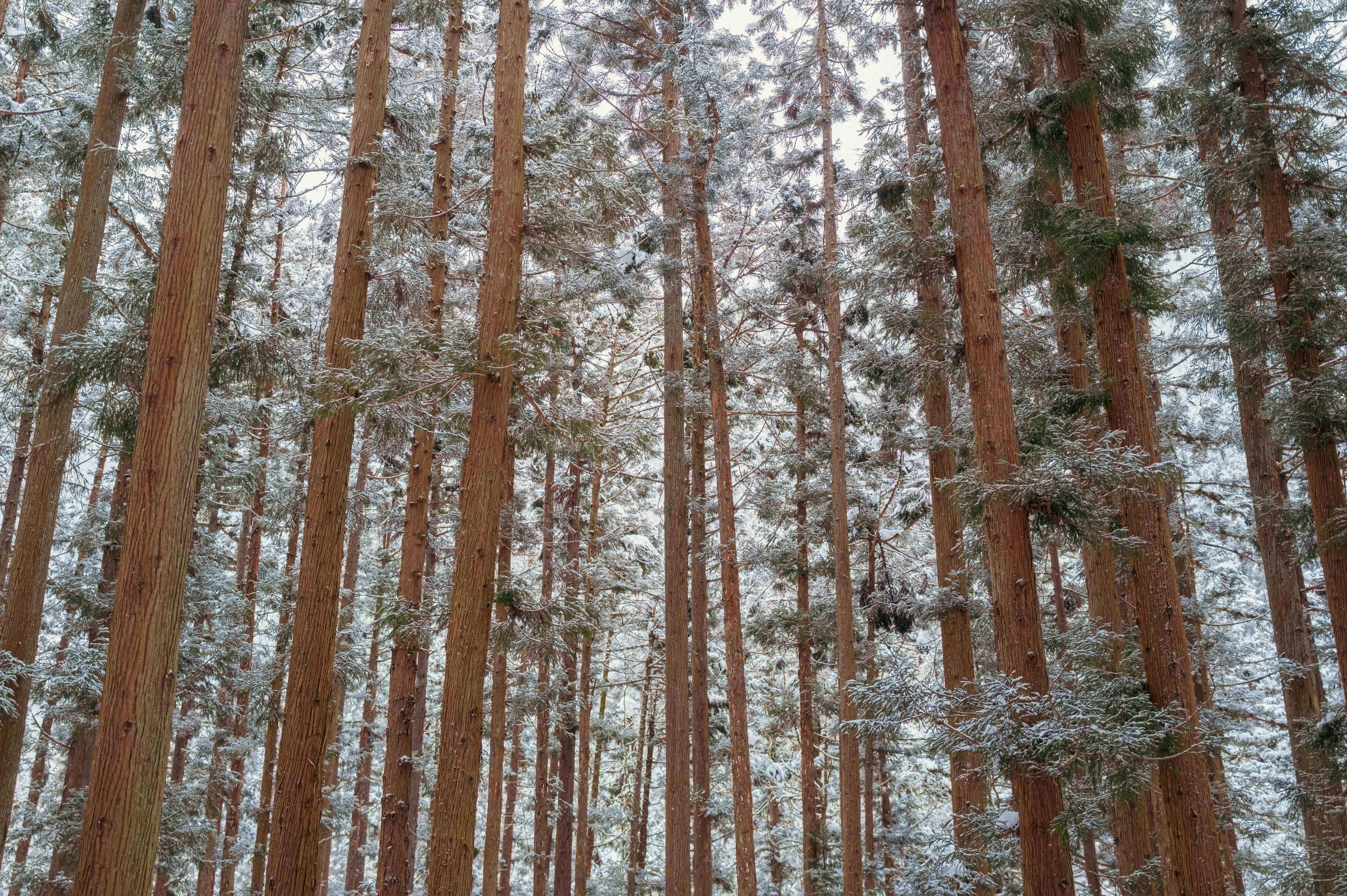
Here are a few answers to common questions about a traveler's first time in Japan.
Is Japan a good destination for first-time travelers?
Japan, admittedly, can be a little overwhelming for first-time travelers; life here is very different from in the United States. But that doesn’t mean Japan is not an amazing destination. Careful planning can go a long way in ensuring you have an incredible experience.
P.S. Planning a trip to Japan with an expert Fora Advisor can make a world of difference.
How long should you stay in Japan for your first time?
Japan is not a country that can be fully experienced in a few days. We recommend spending at least a week (longer is better) to really take in the sights and experience the highlights.
What should you do when you first get to Japan?
Connect with Fora for recommendations ailored to your preferences and travel style.
Is it helpful to learn to speak Japanese?
It won’t hurt, but it’s not necessary to learn anything beyond a few basic phrases (and even then, you should be able to find your way around).
What type of clothing should you pack to visit Japan?
It depends on when and where you visit. Our guide to the best months to go to Japan has more insights.
Should you rent a car for your first time in Japan? Are buses an option?
We generally don’t recommend renting a car for your first time in Japan unless you’re traveling somewhere public transportation doesn’t touch (which isn’t common). Buses are certainly an option, as is Japan’s top-tier metro system.
What’s the difference between Western-style accommodations and ryokans?




Ryokans are traditional Japanese inns, often denoted by historic architecture and tatami-mat flooring. They typically only serve local cuisine and are common around hot springs areas. Staying at a ryokan is an incredibly immersive experience.
In contrast, Western-style hotels are like any hotel you’d typically find throughout the Americas and Europe. You’ll find both options throughout Japan, and we'll help you find the best options.
Is Japan a good spring break destination?
If you don’t mind crowds, yes, Japan is an incredible spring break destination. The country’s nightlife, especially in big cities like Tokyo and Osaka, offers a wealth of amazing experiences from awesome clubs to major festivals and more. Plus, there’s a decent chance that the cherry blossoms will be in bloom, depending on which areas you visit.
Plan your first time in Japan (or your 10th) with Fora
Planning and booking with Fora is the best way to get the most out of your first trip to Japan.
Whether you’re looking for the coolest hotels in Tokyo or deciding where to stay in Osaka, we can help you sort through the top options and destinations while supplying you with expert recommendations on dining (like the best restaurants in Tokyo), transportation and more.
And if this isn’t your first time in Japan, don’t assume that a Fora Advisor can’t be of service. (Check out our Japan regular’s guide for isnpiration.) Advisors can still hook you up with VIP travel perks and recommendations for cool places you might’ve missed on previous sojourns — all for the same price as booking alone.
Ready to travel? Connect with Fora to plan and book your Japan trip today.
Looking for more first-timer travel inspiration? Check out more of our travel guides to awesome destinations around the world:
